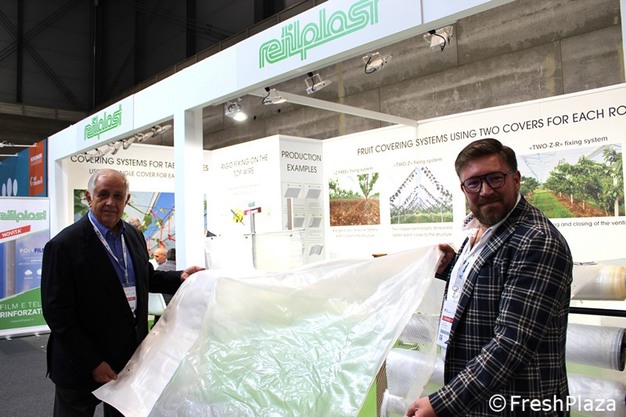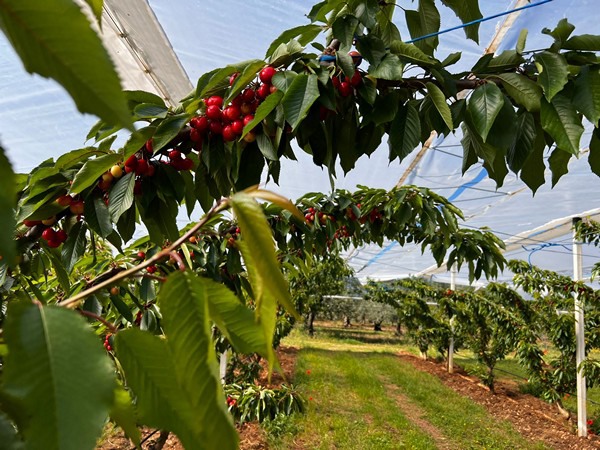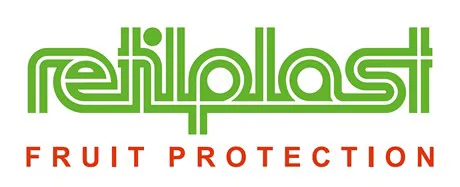"Many productions this year were compromised due to the rain in spring followed by high temperatures and luminous intensity, which led to a delay in harvesting of 15-20 days, with a drop in saleable produce of between 30 and 50% only partly compensated by the higher prices," reports Walter Ruggia, technological innovation manager at Retilplast, after taking part in the Madrid fair where he met with various visitor interesting in solutions suitable to tackle climate change.
The company analyzed the requests that came in from the stand and realized how similar they were. The need to find solutions to tackle climate change translates into the search for films and nets capable of mitigating the increase in luminous intensity and average temperature.
 Francesco and Walter Ruggia at the fair
Francesco and Walter Ruggia at the fair
"We are ready to help clients deal with climate change. We have always worked to experiment with and develop new films and nets to meet the new needs of producers. There is a lot of curiosity for PolyFilm-Plus, a film capable of filtering solar radiation thus improving the quality of light under covers thanks to the physical regulation of the solar spectrum."
PolyFilm-Plus helps improve the quality of solar radiation guaranteeing high levels of total transmittance. It is used to hasten the ripening of cherries, table grapes, blueberries, raspberries, apricots, peaches and nectarines.

There was good interest for the white Refresh net as well, which is a single-thread raffia solution that regulates temperature and luminous intensity when placed directly over the film that covers greenhouses. It is used not only by the producers of baby leaves (especially to harvest lamb's lettuce in summer favoring germination and growth), but also for the production of tomatoes and various leafy vegetables."
For further information: Retilplast srl
Retilplast srl
Area Industriale, uscita A3
84022 Campagna (SA) - Italy
(+39) 0828 45359
[email protected]
retilplast.it










